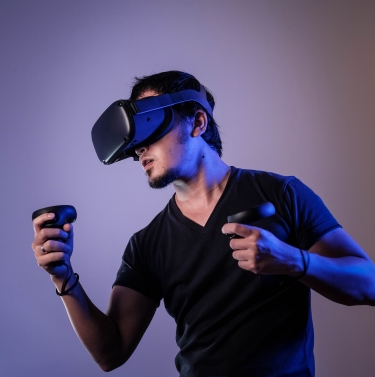Concerns around the associated costs and reliability of the underlying network needed to support these new work environments, according to the study.
Surveying 15,000 professionals across 15 countries, the study found that only 25% of Australian respondents believed their workplace will move from static tools such as video conferencing towards immersive platforms like the metaverse within the next two years below the global average of 40%.
While more than half (54%) of Australians surveyed said they could imagine augmented reality (AR) and virtual reality (VR) being introduced in their workspace, this trails the global average of 71%.
|
|
This comes despite 58% of Australian workers seeing virtual meetings as more convenient than in-person meetings, which beats the global average of 44%.
In addition, majority of Australian respondents (80%) are comfortable conducing formal work meetings, like for HR, in a virtual reality environment and more than half (53%) indicated an appetite for personal shopping in the platform.
Barriers to adoption of the metaverse in the workplace
Australian respondents cited a handful of barriers to business adoption of virtual reality platforms. For example, 38% have concerns with the associated costs, 36% worry that the technology is not readily available, and 33% feel their organisations do not have the reliable network required to support these virtual experiences.
“While Australian professionals may have expressed some hesitation to using more immersive and virtual platforms for work, it is clear they see the value and convenience the platforms can bring. Survey respondents’ concerns about cost and the network’s ability to support the increased bandwidth demands is understandable but these new virtual work environments are here to stay. A robust and adaptive network will be key to unleashing a broad range of activities,” commented Ciena Asia Pacific vice president Matthew Vesperman.











































